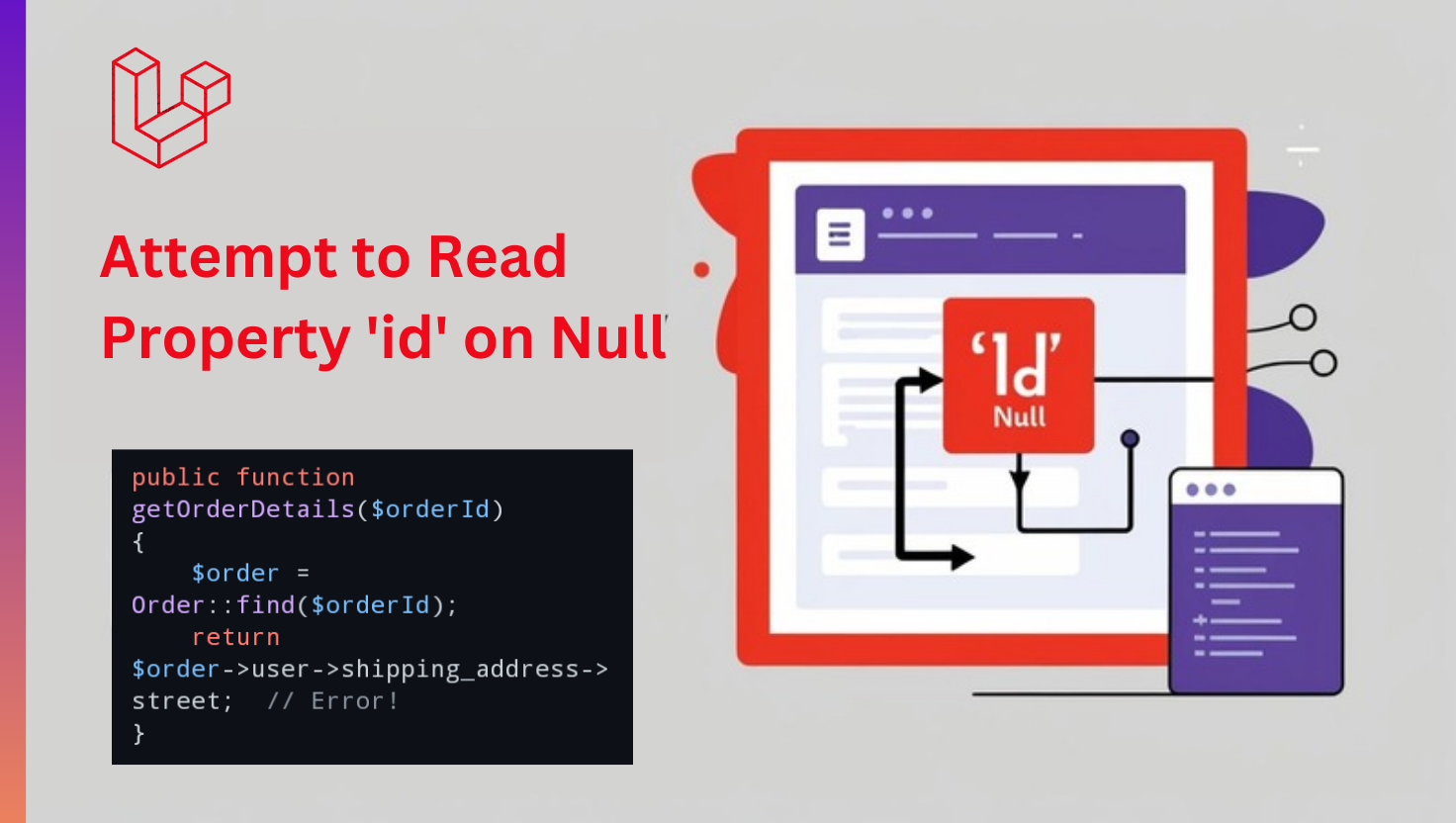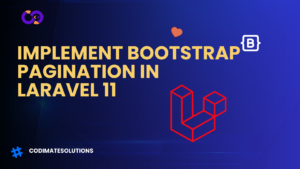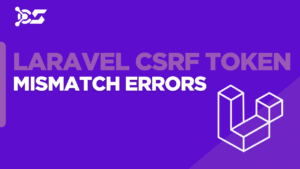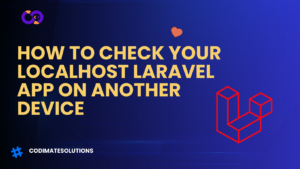If you’ve been developing with Laravel, you’ve likely encountered this common and frustrating error: “Attempt to read property ‘id’ on null.” It happens when you try to access a property on a null object. But don’t worry! This guide will explain why this error occurs and how to fix it step by step.
Why Does This Error Happen?
This error occurs when your code tries to access a property on an object that doesn’t exist (null). It’s common in situations where:
- A database query returns no results.
- A related model isn’t associated as expected.
- An authenticated user isn’t logged in.
Let’s explore common scenarios where this error happens and how you can resolve them.
Common Scenarios and Fixes
1. Missing Relationships in Models
Consider this example:
public function getOrderDetails($orderId)
{
$order = Order::find($orderId);
return $order->user->shipping_address->street; // Error!
}
The error occurs if:
- The
$orderis null (the record doesn’t exist). - The
$orderexists but doesn’t have an associated user. - The
userexists but doesn’t have a shipping address.
Solution: Use defensive coding techniques like eager loading and optional() to avoid null errors:
public function getOrderDetails($orderId)
{
$order = Order::with('user.shipping_address')->find($orderId);
if (!$order || !$order->user) {
return 'No user or shipping address found for this order.';
}
return optional($order->user->shipping_address)->street ?? 'No shipping address provided';
}
2. Authenticated User Issues
This error often happens when trying to access properties of the currently authenticated user:
// Risky Code
$companyId = auth()->user()->company->id; // Error if user or company is null!
Fix: Always validate the presence of the authenticated user and related models:
$user = auth()->user();
if (!$user) {
return redirect()->route('login');
}
$companyId = optional($user->company)->id ?? 'No company found';
3. Blade Template Null Errors
In Blade templates, trying to access a property on a null object is common:
{{-- Error-prone --}}
{{ $user->profile->avatar }}
{{-- Safe approach --}}
{{ optional($user->profile)->avatar ?? asset('default-avatar.png') }}
Pro Tip: Add helper methods in your model to simplify this:
// In User model
public function getAvatarAttribute()
{
return optional($this->profile)->avatar ?? asset('default-avatar.png');
}
{{-- Usage in Blade --}}
{{ $user->avatar }}
4. Validation Rules with Null Checks
When using validation rules, you might encounter this issue:
'email' => 'unique:users,email,' . auth()->user()->id, // Error if user is null!
Fix: Use optional() to avoid the error:
'user_id' => optional(auth()->user())->id,
5. Queue Jobs and Deleted Data
If you’re processing jobs that rely on database records, deleted data can cause null errors:
$order = Order::find($this->orderId);
$userEmail = $order->user->email; // Error if order or user is null!
Fix: Handle missing records gracefully:
$order = Order::withTrashed()->with('user')->find($this->orderId);
if (!$order || !$order->user) {
return; // Log or handle the missing data
}
Mail::to($order->user->email)->send(new OrderConfirmation($order));
Proactive Steps to Prevent Null Errors
1. Use Eager Loading
Always load necessary relationships upfront to reduce null checks:
$orders = Order::with(['user', 'shipping_address'])->get();
2. Define Default Values in Relationships
You can define default values for relationships to avoid null errors:
// In User model
public function company()
{
return $this->belongsTo(Company::class)->withDefault([
'name' => 'No Company',
]);
}
3. Use Database Constraints
Set foreign key constraints to prevent dangling references:
Schema::table('orders', function (Blueprint $table) {
$table->foreignId('user_id')->constrained()->onDelete('cascade');
});
Testing for Edge Cases
Write tests to ensure your code handles null values:
public function testHandlesMissingUser()
{
$order = Order::factory()->create();
$response = $this->get("/orders/{$order->id}");
$response->assertStatus(200)->assertSee('No user found');
}
Conclusion
The “Attempt to read property ‘id’ on null” error is a common challenge for Laravel developers, but with defensive programming, proper database constraints, and thoughtful testing, you can prevent it from causing issues in your application.
Key Takeaways:
- Always check for null values in relationships and user data.
- Use Laravel’s tools like
optional()andwithDefault(). - Test edge cases to avoid unexpected errors.
- Log issues for easier debugging in production.
By implementing these best practices, you can write more robust, user-friendly Laravel applications that handle null cases gracefully.
Need Help with Laravel Errors?
Subscribe to our newsletter for more Laravel tips and troubleshooting guides.




